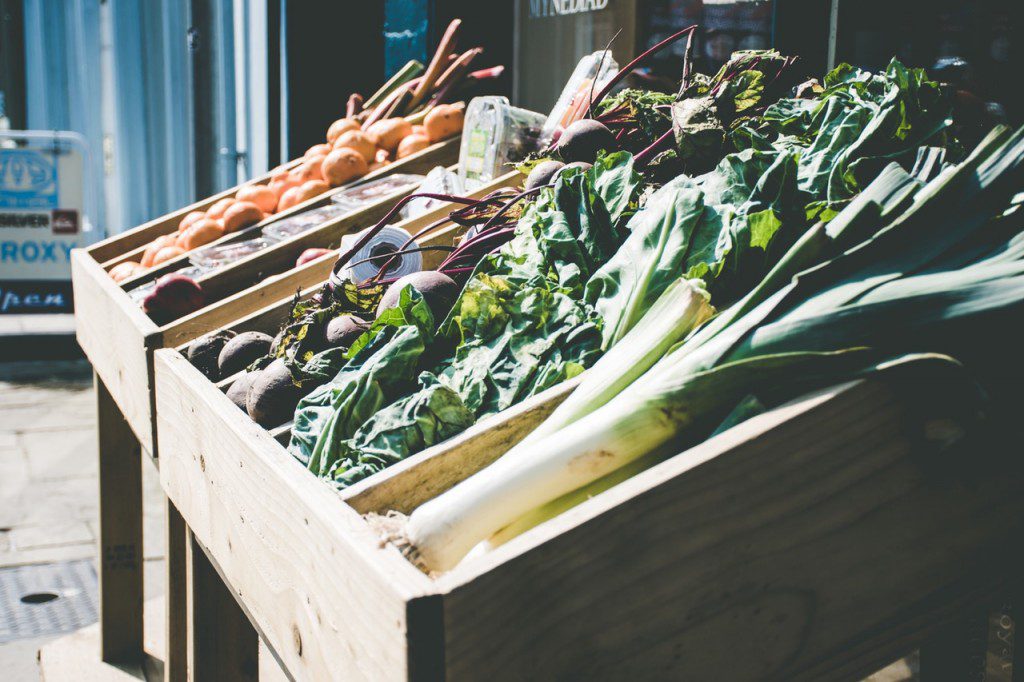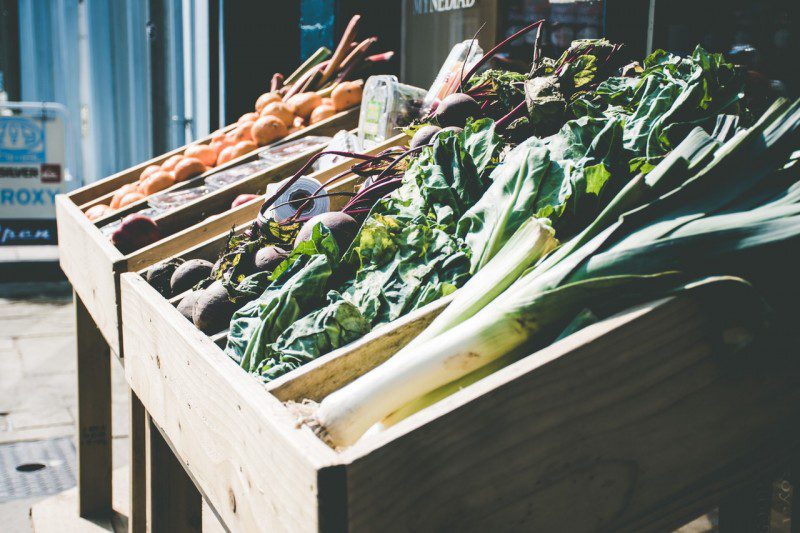
Humans are biochemically unique and consequently, we have a wide array of options available to us when it comes to our daily nutrition habits. High carb, low carb, high fat, ketogenic, paleo, vegetarian, vegan – the options are almost limitless. The purpose of this blog is to introduce you to eating organic food, highlight some benefits and provide some tips on how you might incorporate more organic food into your diet without burning a hole in your pocket.
Without getting into a specific approach, there is a general consensus that plant-based foods deserve significant attention and should serve as a key source of your nutrition. However, when it comes to organic, we go beyond just plants and also need to consider other products we use and consume including meat, dairy, grains, cleaning products, beauty products, clothing and so on.
Eating Organic: The Basic Overview
The EU commission has set out clear farming regulations around organic produce summarised as follows:
“Organic production respects natural systems and cycles. Biological and mechanical production processes and land-related production should be used to achieve sustainability, without having recourse to genetically modified organisms (GMOs)”
So in essence, eating organic involves following these principles by buying and consuming foods that are certified ‘organic’. This stamp of approval guarantees that the producer followed certain specific steps and processes to ensure that the product in your hands meets the criteria set out by the European Commission.

What are the benefits of eating organic?
Scientific research continues to highlight the benefits of eating organic food. These include:
- Better taste. Yes, it’s true, organic produce retains all the rich flavour due to better farming methods and local sourcing.
- Organic farming is better for the environment.
- Organic foods boast a higher nutrient profile because they grow in nutrient-rich soils. This is also due to the lack of chemicals sprayed on the produce that might leach/destroy some of the antioxidants.
- Antibiotic resistance: conventional farming makes heavy use of chemicals, sprays and antibiotics all of which is now being linked to the development of drug-resistant bacteria. Even experts are terming this the next global health threat. On the other hand, organic produce is strictly regulated to ensure that animals and plants are not treated with such methods.
- Animals lead longer and happier lives meaning they too provide you with food that has a richer nutrient content. For example, organic milk has a higher CLA content associated with heart health.
- Worker health! It’s not just about us consumers, the health of the working staff that manage these items day-to-day is also important to consider!
Budget concerns & Basic Tips
It’s understandable that buying organic produce is expensive. This is completely understandable. This list highlights where to start and how to prioritise:
- Just eat plants: The energy and nutrient content of plant-based food cannot be denied. You simply must include these as a staple in your diet. Whether you can afford to or not, ensure you try to obtain most of your daily food intake from plants.
- Buy locally: Aside from farming methods, nutrition is also lost as the food travels from the farm to the shop and finally to your plate. This is a primary reason to buy local and seasonal produce, whether organic or not. If you can, we encourage you to attend markets and speak with suppliers. Organic farms must follow very strict guidelines and regulations to get certified and you might be surprised at how close some of your local suppliers are without having the official stamp.
- Refer to the Dirty Dozen and the Clean Fifteen food lists from EWG.org. These two lists comprise, what the Environmental Working Group term the most and least sprayed fruits and vegetables. Their guidelines will help you prioritize which foods to always buy organic and which you can leave for now.

Eating Organic can still be unhealthy!
A final point to note is that organic does not equal healthy. The word alone might guarantee quality in production/processing, but organic sugar is still sugar!
If you want to learn more about the benefits of eating organic, check out our Nutrition and Health Coaching course or book into a cooking class here.
Bon Appetit!











